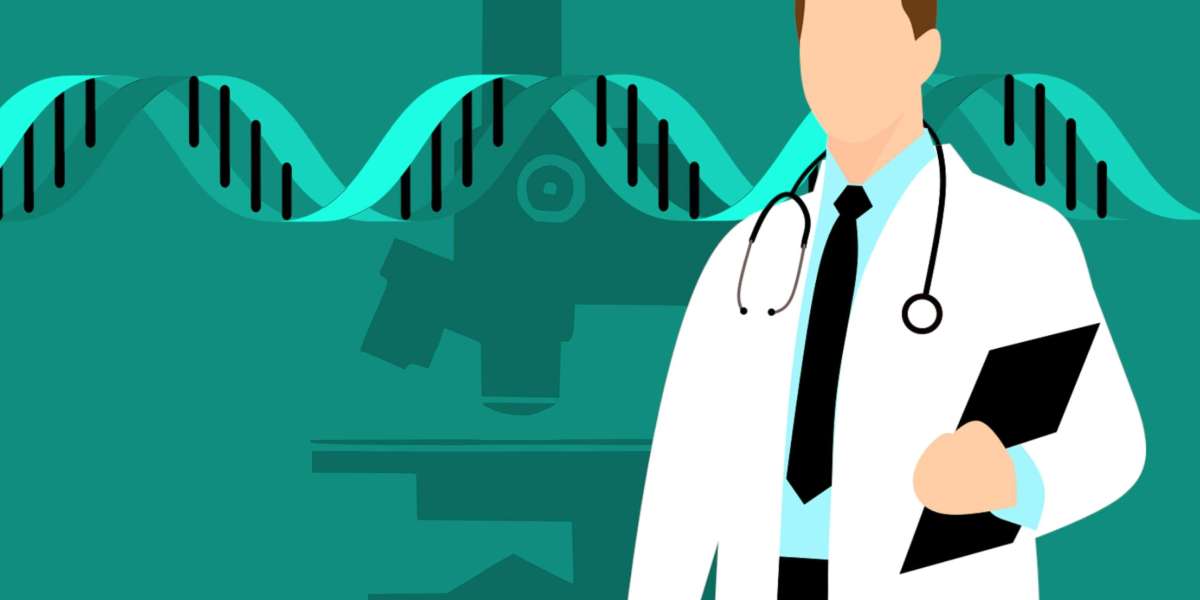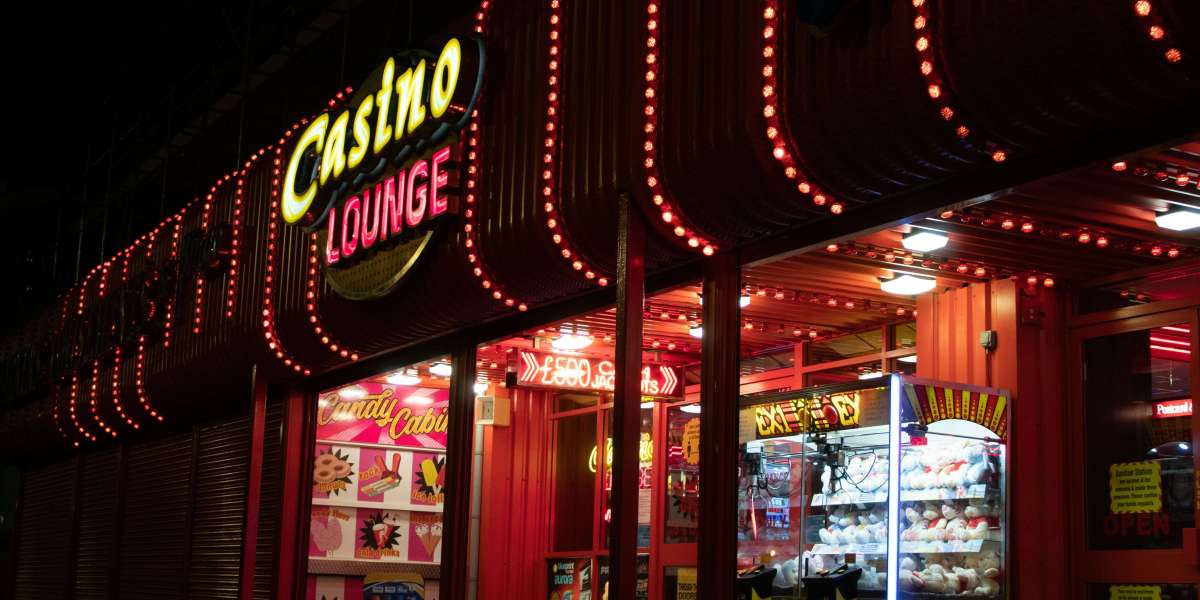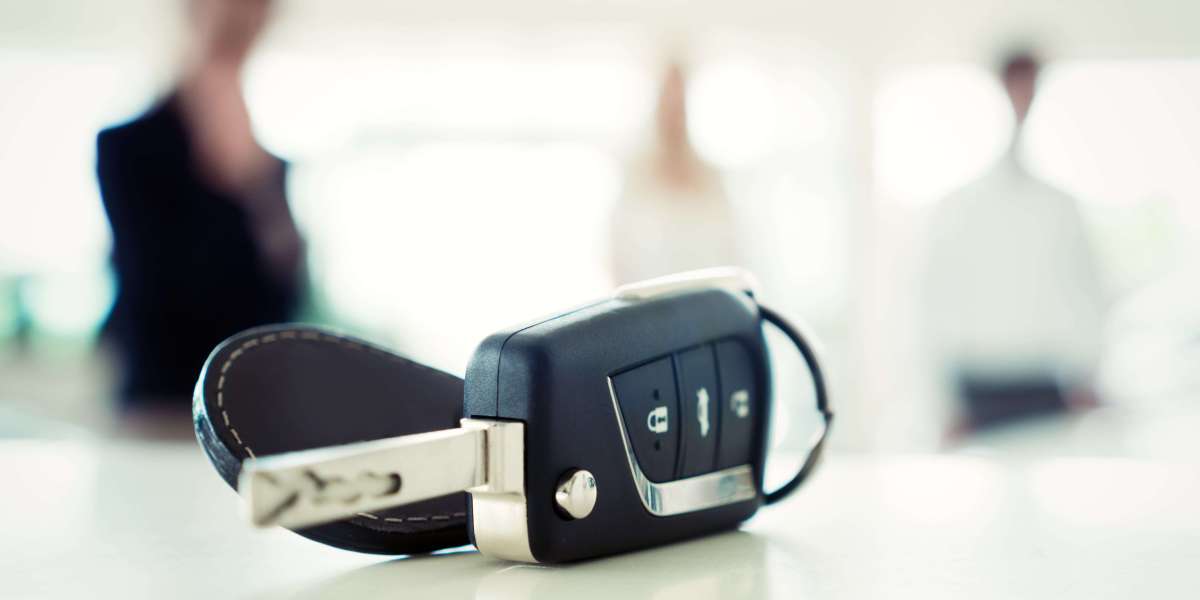Depression is one of the most common mental health conditions in the world, yet for many, it remains one of the most difficult to overcome. While therapy and medication work for many people, others require a more structured and immersive environment to heal. That’s where Depression Recovery Centers come in. These specialized facilities offer comprehensive treatment programs that help individuals understand their depression, manage their symptoms, and build the tools needed for long-term recovery.
What Are Depression Recovery Centers?
Depression Recovery Centers are residential or outpatient facilities dedicated to treating individuals with moderate to severe depression. These centers are designed for people who have not responded to traditional outpatient therapy, are struggling with treatment-resistant depression, or need more support than they can receive at home. In a recovery center, individuals are surrounded by mental health professionals who provide continuous care, structure, and encouragement throughout the healing journey.
Unlike a general psychiatric hospital, recovery centers are focused specifically on mood disorders like depression. They offer a calming, supportive environment where individuals can feel safe enough to open up, explore their struggles, and work toward real emotional transformation.
Who Should Consider a Depression Recovery Center?
A Depression Recovery Center may be the right choice if you or a loved one is:
Struggling with chronic or severe depression
Experiencing suicidal thoughts or self-harm
Not improving with outpatient therapy or medication alone
Dealing with depression alongside anxiety, trauma, or substance use
Needing a break from everyday stressors to focus on mental health
These centers offer hope and practical support for people who may feel like they've run out of options.
Key Features of Depression Recovery Centers
1. Comprehensive Assessment
Treatment begins with a thorough psychiatric evaluation and mental health assessment. This helps create a personalized plan that addresses not only the depression but any co-occurring issues.
2. Individualized Therapy
Most centers offer daily individual therapy sessions using evidence-based methods like Cognitive Behavioral Therapy (CBT), Dialectical Behavior Therapy (DBT), and trauma-informed therapy. These approaches help individuals challenge negative thoughts, regulate emotions, and understand the roots of their depression.
3. Group Support
Group therapy provides a safe space to share experiences, learn from others, and build community. Peer support is a powerful tool in the recovery process.
4. Medication Management
Psychiatrists at recovery centers monitor and manage medications to ensure they are effective and well-tolerated. Adjustments are made as needed, and alternative treatments may be explored for those with treatment-resistant depression.
5. Holistic and Wellness Therapies
Many centers incorporate holistic therapies such as yoga, meditation, exercise, art therapy, music therapy, and nutritional counseling. These support overall wellness and promote balance in mind and body.
6. Skill-Building and Life Planning
Recovery centers help individuals develop the life skills necessary to maintain mental health after treatment. These include stress management techniques, communication skills, goal setting, and relapse prevention strategies.
7. Aftercare Planning
Before leaving the center, each person receives a comprehensive aftercare plan that may include continued therapy, support groups, outpatient care, or transitional living arrangements to maintain stability and progress.
Notable Depression Recovery Centers
One of the most recognized centers in Georgia is Skyland Trail in Atlanta. Known for its evidence-based programs and holistic approach, Skyland Trail offers residential and day treatment options for adults and young adults with mood and anxiety disorders. Other national centers like The Meadows in Arizona or Sierra Tucson also offer specialized depression recovery programs.
Final Thoughts
Depression can make even the smallest tasks feel impossible. It can rob individuals of joy, motivation, and hope. But with the right support, recovery is not only possible—it’s achievable. Depression Recovery Centers provide an essential bridge between crisis and long-term stability. They offer expert care, therapeutic structure, and a nurturing environment where healing can begin and thrive. If you or a loved one is battling depression and needs more than outpatient care can provide, consider reaching out to a recovery center. There is help, there is hope, and a brighter path forward is within reach.








